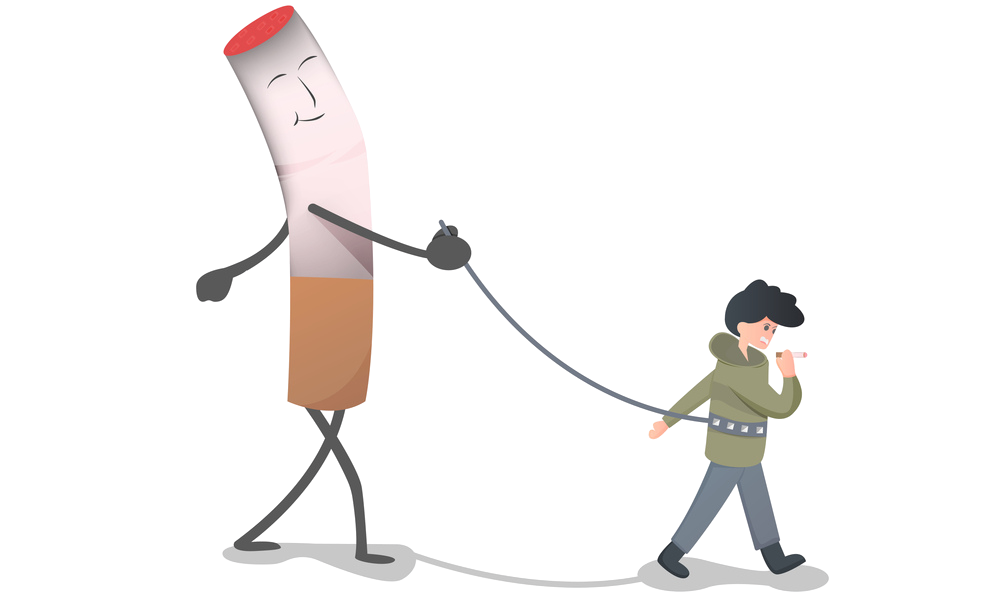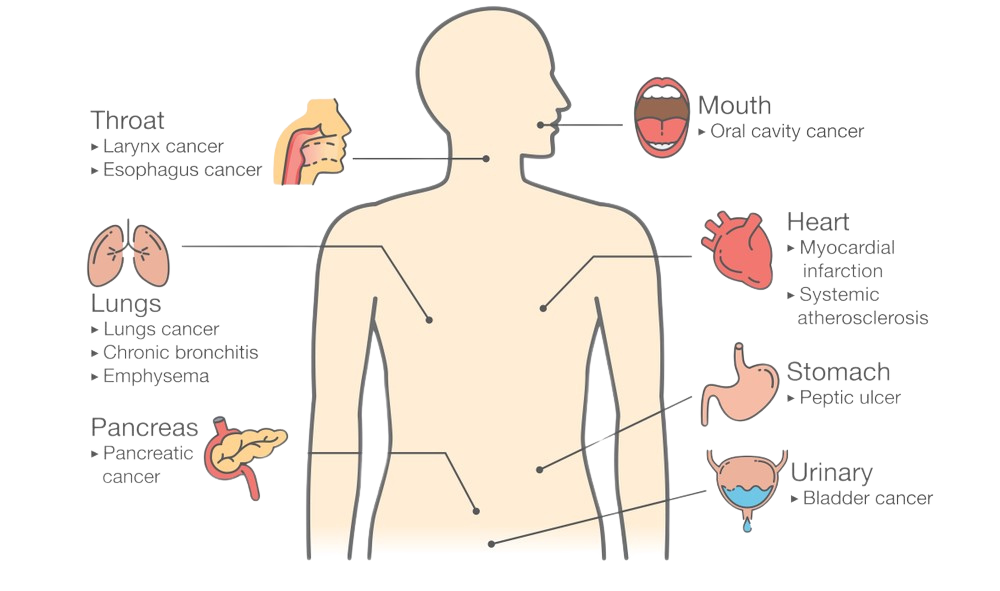Understanding Your Smoking Habits – The First Step Toward a Healthier Life
Smoking is one of the most dangerous lifestyle choices a person can make, significantly increasing the risk of various health conditions, including cancers, chronic obstructive pulmonary disease (COPD), heart disease, and stroke. Smokers, on average, have a life expectancy that is about 10 years shorter than non-smokers. Moreover, many smoking-related illnesses involve prolonged suffering, like the debilitating symptoms of COPD.
Understanding your smoking habits is the first step in reducing these risks and working toward a healthier future.
Our Smoking Habits Assessment covers various aspects of your smoking behavior to identify risk levels, the degree of nicotine dependence, and the best strategies for smoking cessation. Here’s what the assessment includes:









